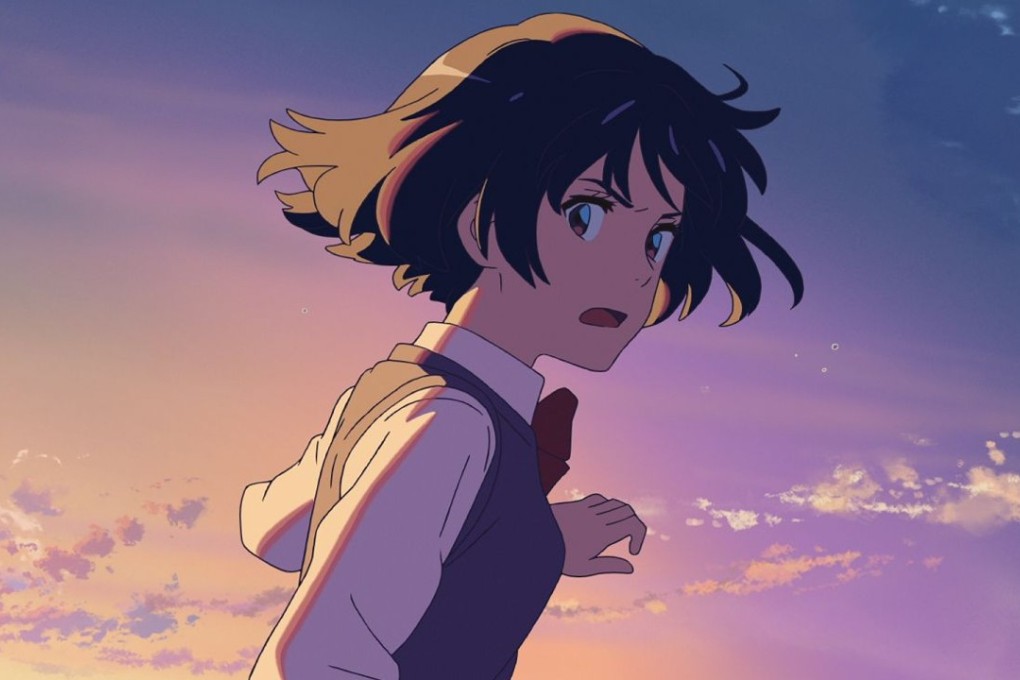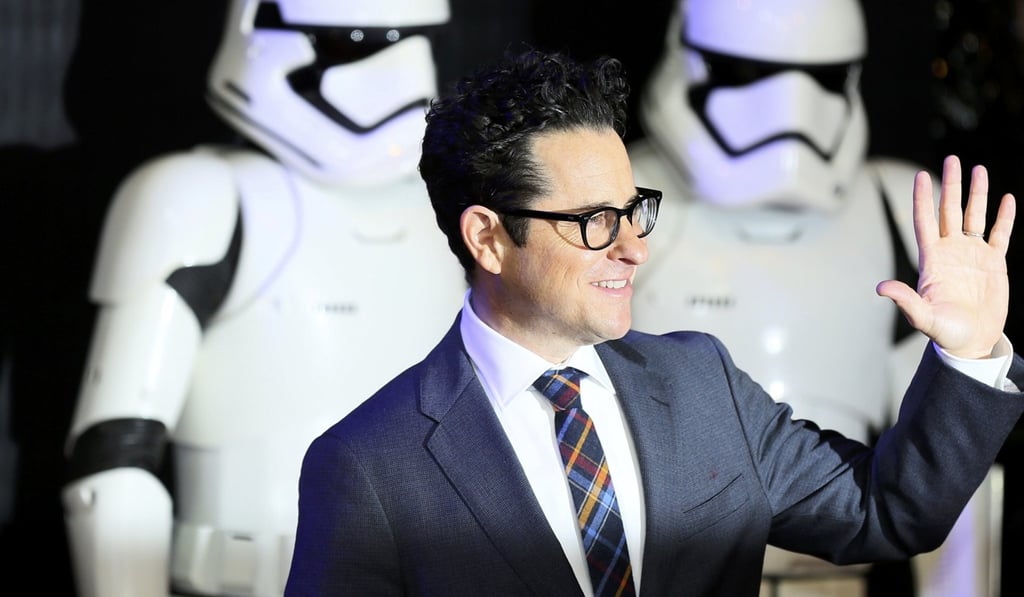Another pale imitation as Hollywood’s JJ Abrams plans remake of Japanese classic ‘Your Name’
‘I will definitely not be watching any whitewashed c*** that comes out of Hollywood’: if this critic’s anything to go by, maybe not

Hollywood has a fairly dismal record of taking incredibly popular Japanese anime or manga tales and transforming them into live action movies, so there is justifiable concern among fans of Kimi No Na Wa that the planned remake is going to be a pale shadow of the original when it hits the big screen.
Plans for the live action version of the film – better known to audiences outside Japan as Your Nam e – were announced in September, with the apparent majority of hard core fans of the original unconvinced even though the legendary J.J. Abrams will be the producer and the screenplay is being written by Eric Heisserer, who was nominated for an Oscar for his adapted screenplay for 2016’s Arrival.

“I will definitely not be watching any whitewashed crap that comes out of Hollywood,” wrote Mirai Hayashi, a commenter, on Japan Today. “Tied of watching uninspired remakes.”
Another commenter asked, “Why waste your time and money remaking it?”